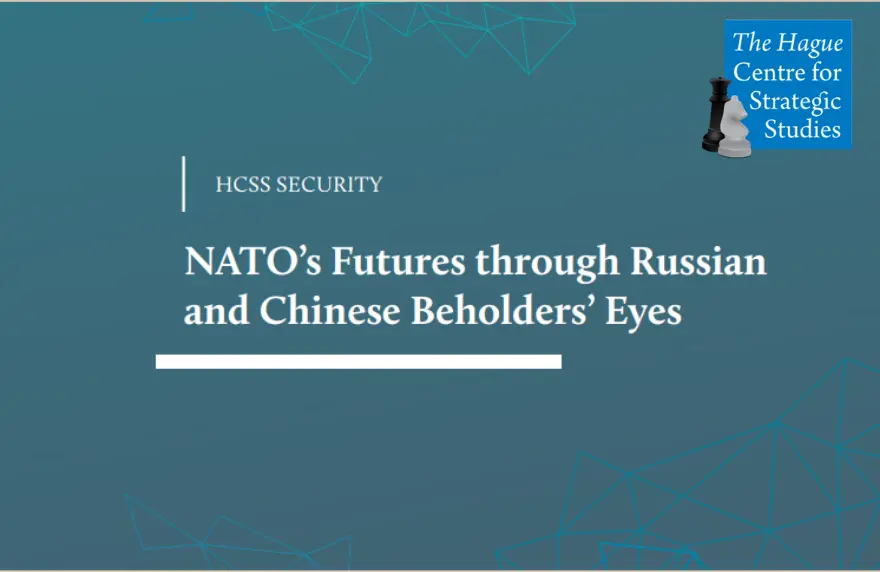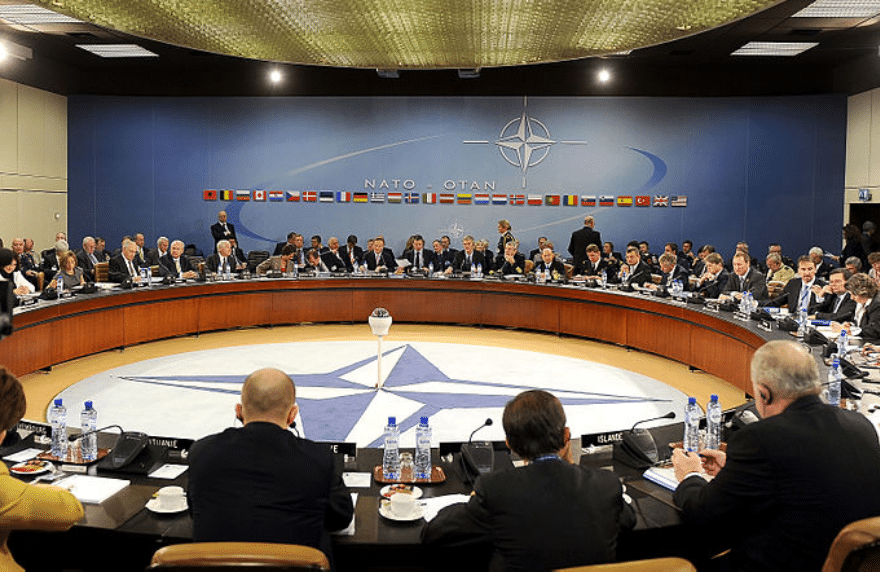Research
As the US retreats from its leadership role in Europe, Turkey has pursued an increasingly independent defense policy, attempting to position itself as a regional power and producing tensions with fellow NATO allies.
While strong interdependencies remain, conflict, not just of values, but of interests, has made the relationship between Turkey and NATO a tenuous one. The absence of European defense on the Biden agenda means that even in a post-Trump era, frictions between Turkey and NATO are set to remain.
What does this mean for the future of NATO-Turkey relations?
Find out in this new HCSS snapshot by Dorith Kool (HCSS), Patrick Bolder (HCSS) and Colonel (ret.) Murat Dogan (Turkish Army).








